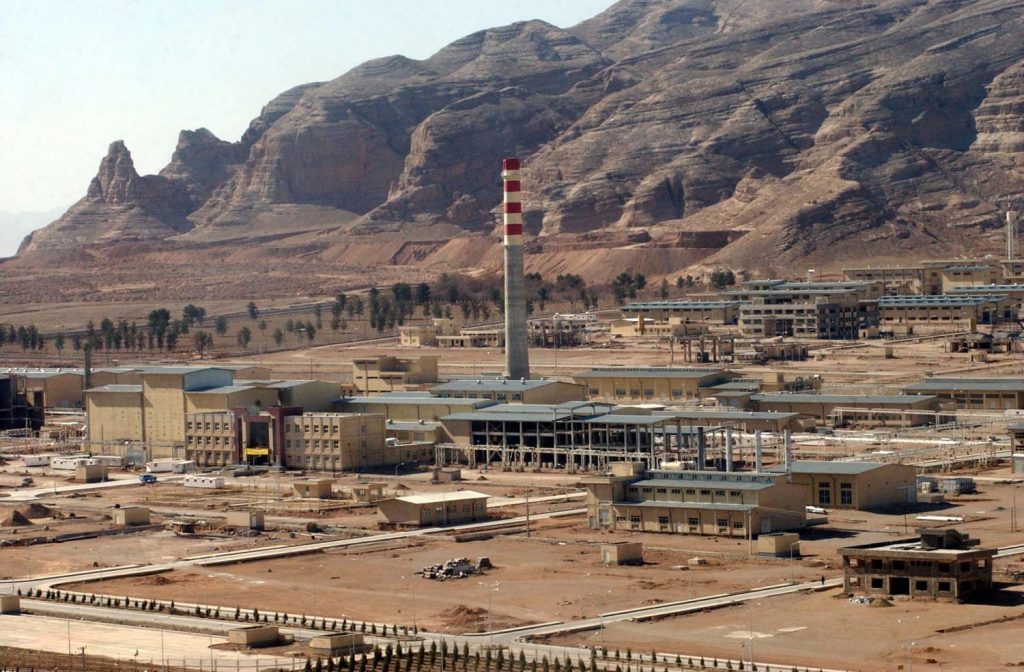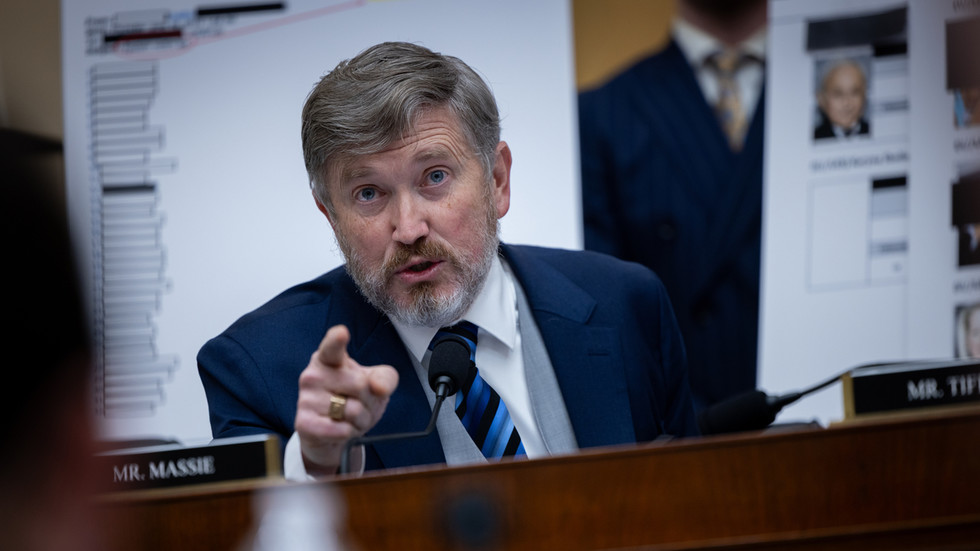In a recent interview on Arise TV, Minister of State for Health, Dr. Tunji Alausa, highlighted the remarkable transformation of Nigeria’s healthcare sector, emphasizing that the nation’s healthcare is no longer in crisis. Dr. Alausa attributed this positive change to the administration’s commitment to prioritizing public health as a cornerstone for national development.
“We have a President now that believes a healthy nation is the core to harnessing our biggest asset, which is our human capital,” Dr. Alausa stated.
Addressing the issue of Nigerians seeking medical treatments abroad, Dr. Alausa outlined key approaches, including expanding medical education and nursing schools, as well as increasing nursing school enrollment. He noted that these efforts, coupled with improvements in the healthcare system, have led to a reversal of the ‘japa syndrome,’ with medical practitioners returning home from abroad.
Nigeria has emerged as a preferred destination for medical tourism, especially for surgical procedures, which are more cost-effective compared to other countries. Dr. Alausa highlighted the proliferation of aesthetic hospitals, numbering close to 900 across Nigeria, contributing to attracting patients seeking services such as plastic surgery.
Furthermore, the government has allocated dedicated funds and initiated collaborations to enhance primary healthcare services and expand health insurance coverage. President Muhammadu Buhari has mandated an increase in health insurance coverage from about seven million to about 50 million people in the next two to three years, marking the highest budget allocation for the health sector in almost 24 years. This signifies a significant milestone in Nigeria’s efforts to strengthen its healthcare system and position itself as a regional hub for medical services.



